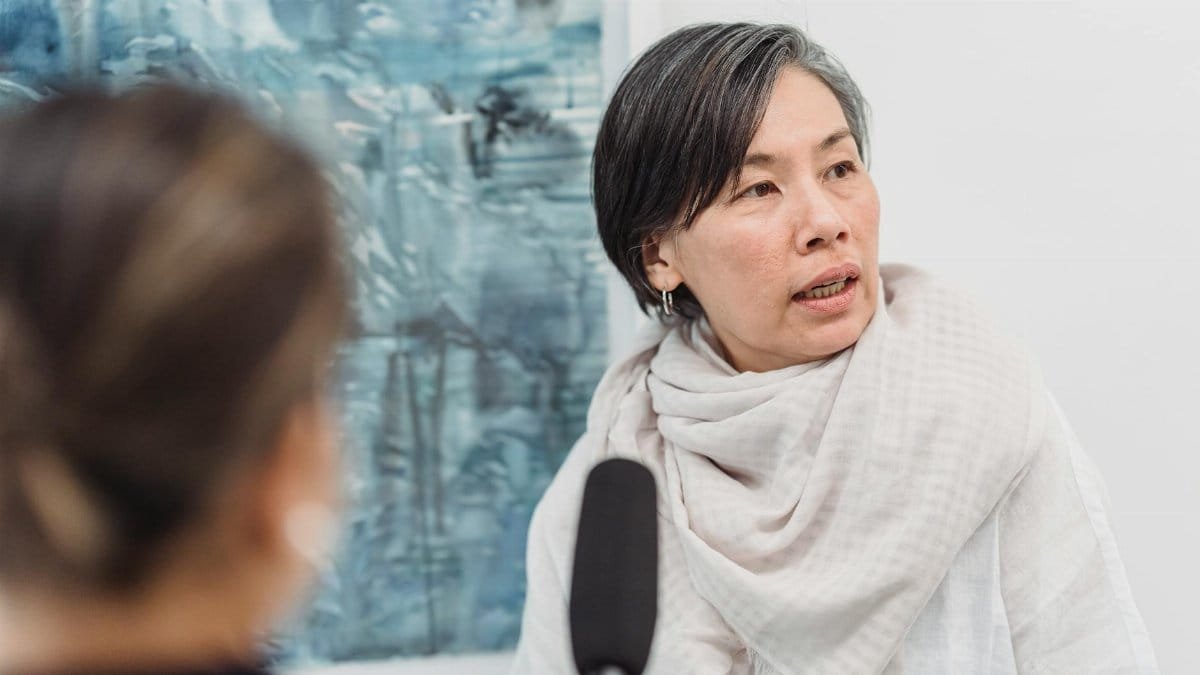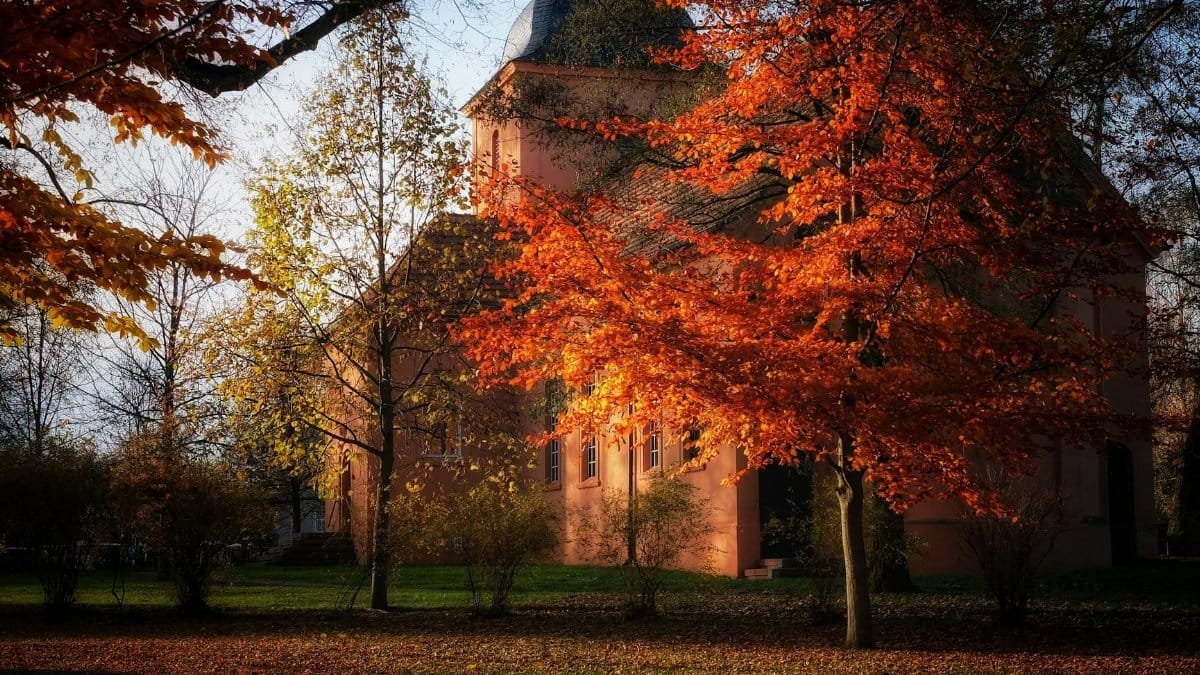What if the very structures meant to guide us—those stained-glass sanctuaries and weekly sermons—leave us feeling more hollow than whole? For a growing number of Americans in 2025, the traditional church no longer holds the answers. Many are stepping away, seeking something truer, something personal. They’re charting independent paths to real meaning, often with a warning in mind: the journey isn’t always easy, and the destination isn’t guaranteed. Yet, the hunger for authenticity drives them forward. Across coffee shops in Portland, online forums, and quiet living rooms in the Midwest, this quiet rebellion unfolds. People aren’t just rejecting religion; they’re redefining what fills the soul. This isn’t about cynicism. It’s about courage. And for those who feel spiritually bankrupt, these fiercely independent paths might just offer a way through the emptiness. What follows are ten distinct approaches, each with its own texture and challenge, to finding purpose beyond the pews.
1. Embrace Nature as Your Cathedral

The crunch of leaves underfoot, the sharp scent of pine, the vast silence of a mountain ridge—nature has long been a refuge for those seeking meaning. For many Americans stepping away from organized religion, the outdoors isn’t just a backdrop; it’s a sacred space. A 2023 study from the Pew Research Center noted that over 30% of religiously unaffiliated adults find spiritual connection in natural settings. One person, recalling a solo hike in the Appalachians, described the moment the fog lifted over a valley as “more holy than any sermon.” It’s not hard to see why. Nature demands nothing but presence. It doesn’t judge. Yet, the warning tied to independent paths to real meaning rings here too: solitude in the wild can unearth uncomfortable truths about oneself. Still, for those willing to listen, the earth offers lessons no church could replicate.
2. Craft Rituals That Fit Your Life

Think of a morning routine—brewing coffee, lighting a candle, scribbling a few grateful thoughts in a notebook. For some, these small acts become anchors when faith falters. They’re not borrowed from ancient texts but built from personal need. A woman in her forties shared how, after leaving her childhood church, she started marking the solstice with a quiet bonfire. “It’s mine,” she said, “not dictated by anyone.” Rituals like these ground the restless. They carve out space for reflection. But beware: without intention, they can slip into empty habit, a pitfall on these independent paths to real meaning. Warning aside, the beauty lies in the freedom to shape what’s sacred.
3. Dive Into Philosophical Inquiry

Questions like “Why are we here?” don’t vanish when you leave the church. If anything, they grow louder. Many are turning to philosophy—not as a dry academic exercise, but as a living dialogue. Community centers in cities like Chicago host secular discussion groups dissecting thinkers from Sartre to Seneca. The National Institutes of Health has even linked intellectual engagement to improved mental well-being. Wrestling with big ideas offers clarity, or at least the comfort of knowing others wrestle too. Yet, a warning shadows these independent paths to real meaning: endless questioning can spiral into paralysis. Balance is key. Pair thought with action, and the mind becomes a tool, not a trap.
4. Seek Meaning Through Service

There’s something raw and real about rolling up your sleeves to help. Volunteering at a local shelter or tutoring kids after school strips away pretense. For those untethered from religious doctrine, service often fills the void. It’s not charity for heavenly reward; it’s connection for its own sake. Data from the Bureau of Labor Statistics shows volunteering rates among the religiously unaffiliated ticked up in 2024. One man described sorting donations at a food bank as “the closest I’ve felt to purpose in years.” The catch? Burnout looms if boundaries aren’t set. Independent paths to real meaning warn us: giving must be sustainable.
5. Explore Secular Communities

Leaving church doesn’t mean leaving fellowship. Across the U.S., secular groups like Sunday Assembly or local humanist chapters are gaining traction. They offer gatherings without dogma—think potlucks with a side of ethical debate. A 2025 report from The New York Times highlighted their rise in suburban areas. Attendees often describe the relief of being “seen” without judgment. Still, these spaces aren’t utopias. Cliques form. Ideologies clash. The warning here on independent paths to real meaning is clear: community, even outside religion, requires effort and patience.
6. Turn to Art as Expression and Insight

A blank canvas, a strummed chord, a scribbled poem—art lets the unspeakable take form. For those drifting from faith, creating or consuming art often becomes a lifeline. Museums report increased attendance among younger, non-religious adults seeking inspiration. One person recalled sobbing at a Rothko exhibit, struck by a sense of the infinite they’d lost in church. Art doesn’t preach. It invites. But it’s not always gentle. Diving into expression can stir buried pain, a subtle warning on these independent paths to real meaning. Embrace it anyway. The act of making or witnessing beauty reconnects us to something larger.
7. Practice Radical Self-Reflection

Without a pastor’s guidance, the mirror becomes the confessional. Journaling, therapy, or even long, aimless walks force confrontation with the self. It’s not comfortable. A recent anonymous account shared online described the terror of sitting with their own thoughts after leaving religion: “I had no script anymore.” Yet, in that rawness, meaning often emerges. Therapists note a spike in clients seeking purpose post-faith in 2025. The trick is persistence. Independent paths to real meaning warn against expecting quick epiphanies. Digging inward takes time, but the clarity it yields can be unshakable.
8. Redefine Family and Connection

Church often framed family as a divine unit. Without that blueprint, many are reimagining what kinship means. Chosen families—friends, mentors, even pets—become central. A single parent in Texas spoke of hosting weekly dinners with neighbors as their new “congregation.” These bonds aren’t bound by blood or belief, but by mutual care. They’re messy, though. Misunderstandings sting deeper when there’s no shared doctrine to fall back on. Heed the warning of independent paths to real meaning: vulnerability is the price of true connection.
9. Pursue Knowledge as a Spiritual Quest

Some trade prayer books for science texts, history tomes, or cultural studies. Learning becomes a kind of worship—not of a deity, but of the world’s complexity. Community college enrollment for personal enrichment spiked among adults over 35 last year. Understanding the Big Bang or the roots of human migration offers a humbling perspective. It’s not without pitfalls. Knowledge can breed arrogance if unchecked, a caution on these independent paths to real meaning. Still, curiosity fuels a sense of wonder that rivals any hymn.
10. Accept the Unknown as Your Guide

Perhaps the boldest path is surrendering to uncertainty. Church offered answers; independence often doesn’t. Many find meaning not in resolution, but in the search itself. A retiree in Florida described sitting by the ocean each dawn, content with not knowing what’s next. “It’s enough to just be,” he said. This acceptance isn’t passive—it’s radical. It defies the need for certainty. Yet, the warning remains: independent paths to real meaning can feel aimless without some anchor, even if it’s a loose one. Embrace the mystery, but don’t lose yourself in it entirely.
These ten paths aren’t a roadmap. They’re more like trails—some overgrown, others well-trod, all leading somewhere personal. For those who’ve left the church behind in 2025, the emptiness can sting. But it can also spark something fierce. The journey to real meaning, independent as it must be, reminds us that purpose isn’t handed down. It’s forged. And while warnings linger—about isolation, doubt, or exhaustion—the act of seeking, in itself, might just be the truest form of faith.
